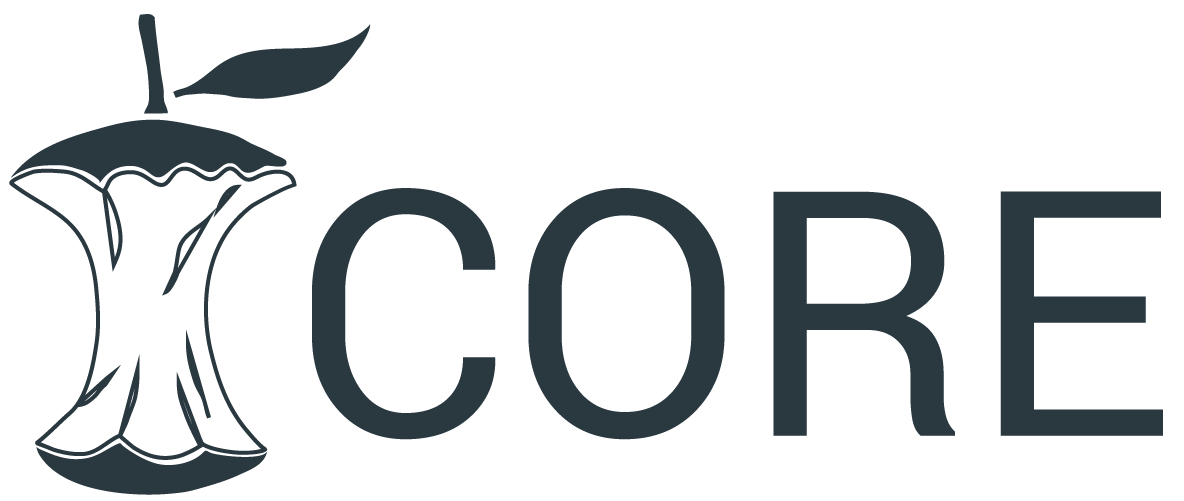Code of ethics
ETHICAL GUIDELINES OF EDITORIAL UNIÓN CIENTÍFICA
Editorial Unión Científica and all its affiliated journals adhere to the Committee on Publication Ethics, COPE, guidelines, with a firm commitment to upholding the highest standards of ethics at every stage of the editorial process. This includes ensuring transparency in the peer review process, respecting the originality of content, and preventing unethical practices such as plagiarism, conflicts of interest, and duplicate publications. The publisher collaborates closely with authors, reviewers, and editors to ensure that each publication adheres to international ethical standards and contributes with integrity to advancing scientific, academic, and technological knowledge.
I.- Purpose
The ethical guidelines aim to guarantee transparency, fairness, and academic, scientific, and technical rigor in the production and dissemination of knowledge. This fosters responsible practices and prevents behaviors that may compromise the quality or integrity of publications.
II.- Originality criterion
At Editorial Unión Científica, we regard originality as a cornerstone of scientific research and publishing. The originality criterion requires authors to present novel, authentic work based on their own analysis, reflections, and discoveries.
-
Avoiding plagiarism: All manuscripts must result from the original effort of the authors. Appropriation of ideas, data, or text without proper attribution is unacceptable.
-
Innovation and contribution: Submissions must provide new knowledge or significant perspectives to the relevant field of study.
-
Authorship statement: Authors must confirm that the submitted work has not been previously published or is under review elsewhere.
III.- Ethical commitments
Authors
-
Originality and truthfulness: Authors are responsible for ensuring that their manuscripts are original and that the data presented are authentic and not manipulated.
-
Acknowledgment of sources: Proper citation of ideas, data, or works of third parties used in the manuscript is mandatory.
-
Co-author authorization: All co-authors must have made significant contributions to the work and approve the final version before submission.
-
Declaration of conflicts of interest: Authors must disclose any potential conflict of interest that could influence the results of the work.
Reviewers
-
Impartiality and confidentiality: Reviewers must evaluate manuscripts objectively, maintain the confidentiality of the content, and refrain from sharing or using it for personal gain.
-
Declaration of conflict of interest: If a reviewer identifies a conflict of interest with the author or the manuscript's topic, they must notify the editor and recuse themselves from the review.
Editors
-
Transparency in editorial decisions: Decisions must be based solely on the scientific merit of the work, free from bias or external influences.
-
Management of conflicts of interest: Editors must refrain from managing manuscripts in which a conflict of interest exists.
-
Responsibility for ethical violations: Editors are committed to investigating and resolving any ethical violations related to publications.
IV.- Ethical violations
Violations of these guidelines include, but are not limited to:
- Plagiarism, self-plagiarism, or duplicate publication.
- Falsification or manipulation of data.
- Omission or undue inclusion of authors in the manuscript.
- False declarations about conflicts of interest or funding.
V.- Reporting ethical violations
Anyone may file a report regarding potential ethical violations related to Editorial Unión Científica's publications. Complaints should be sent to the editorial committee via email, describing the situation in detail and providing evidence to support the accusation.
VI.- Procedures for managing ethical violations
Editorial Unión Científica follows the procedures outlined by the Committee on Publication Ethics, COPE.
i) Reception of complaint: The editorial committee will review the complaint to assess its validity and decide whether a formal investigation is required.
ii) Investigation: An impartial team will be formed to analyze the evidence and gather additional information if necessary. The parties involved will be given the opportunity to present their version of events.
iii) Resolution: If the violation is confirmed, actions may include:
- Retraction of the published manuscript.
- Notification to the affiliated institutions of the authors.
- Sanctions for those responsible, such as the prohibition of future publications.
iv) Communication of results:
The results of the investigation will be communicated to the involved parties, and if necessary, will be made public on the editorial's official website.
Editorial Unión Científica reaffirms its commitment to integrity and best editorial practices, promoting ethics in scientific research and fostering a transparent and trustworthy academic ecosystem.









